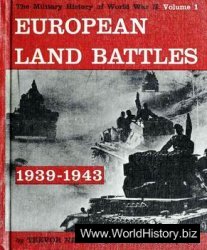‘‘ ‘Myth’ and ‘history’... have been perceived as virtual opposites and contradictory ways of looking at the world’’ (Henrichs 1999: 223). Myth was defined as irrational fiction produced by collective imagination, and history as objective truth resulting from rational inquiry. It was widely held that Greek thought evolved Vom Mythos zum Logos, to quote Wilhem Nestle’s famous book (1940), and Thucydides was regarded as the first ‘‘scientific’’ historian precisely because of his claim to have excluded all mythical material from his work. But Hellenists have come to feel uneasy with various aspects of this model, as demonstrated by the title of a recent volume, From Myth to Reason? (Buxton 1999), now tellingly followed by a question mark. On the one hand, ancient history has been redefined by Woodman (1988: 197), echoing Cicero’s conception of history as opus oratorium maxime (Leg. 1.5), primarily as a rhetorical genre to be classified (in modern terms) as literature rather than as history. On the other hand, myth has been upgraded to the status of ‘‘intentional history,’’ which is ‘‘of fundamental significance for the way in which a society interprets and understands itself’’ (Gehrke 2001: 186). Thus the relation between these two notions has to be reconsidered. Such a reconsideration may take different forms. 2 1
But also by historians who introduced gods and heroes into their narrative of recent events or included mythical motives in their relation of the lives of historical characters such as Cyrus or Alexander (e. g., Flashar 1996; Gehrke 2001; Boedeker 2002).
In this chapter I have chosen to focus on the status of myth in ancient Greek historiography (in the broadest sense of the word, that is, an entity including genealogies, local history, geography, and so on) from its beginnings to the Roman empire by examining what Greek historians call myth (muthos), mythical (muthodes, muthikos), and mythical time, then by looking at the way in which they deal with what we call ‘‘myth,’’ that is, a peculiar kind of tale characterized by its location in primordial time and/or its superhuman characters, its traditional (or allegedly traditional) origin, and its collective significance.




 World History
World History









